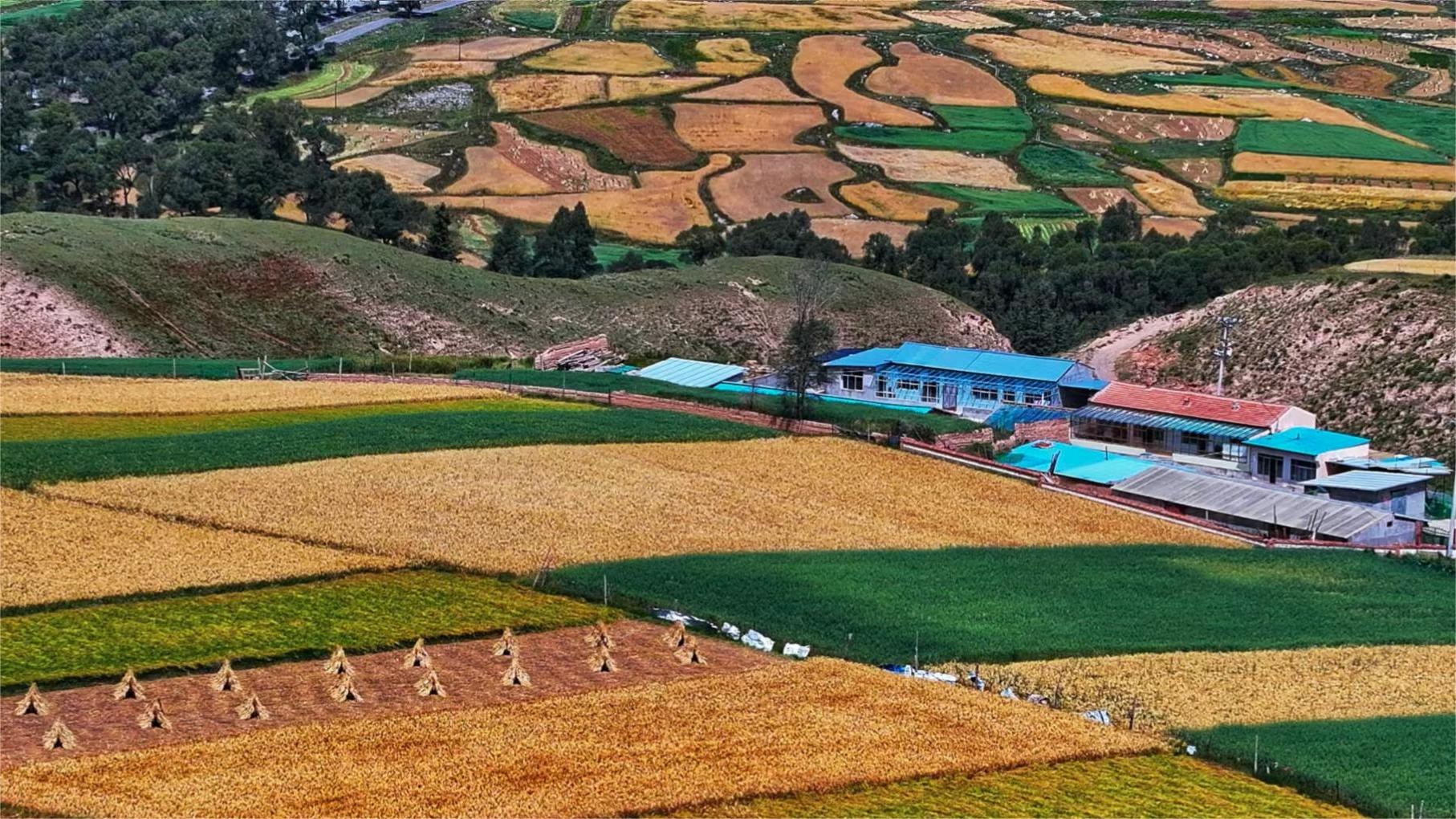Discovery of major city ruins aids research into China's earliest dynasty
ZHENGZHOU, Sept. 14 (Xinhua) -- The discovery of the relics site of a major city dating back about 3,700 years marks a major breakthrough in archaeological research on the Xia Dynasty (2070 BC-1600 BC), China's earliest known dynasty, authorities said on Friday.
The Baliqiao archaeological site, located in Fangcheng County in the city of Nanyang, central China's Henan Province, shows enormous similarity to the Erlitou ruins, a previously excavated ground-breaking site that was identified by archaeologists as one of the capital cities during the Xia Dynasty.
The similarity between the two sites indicates the influence of the Xia Dynasty on the Baliqiao site, according to archaeologists.
The Henan Provincial Institute of Cultural Heritage and Archaeology announced the findings on Friday, saying the discovery fills a gap in the study of secondary center settlements from the Xia Dynasty.
The multi-grid Baliqiao site, occupying an area of 1.35 million square meters in total, has seen 1,800 square meters excavated since 2022 when systematic archaeological work at the site commenced.
Rammed earth structures, ruins of walls and roads were discovered at the Baliqiao site. Artifacts such as pottery, jade objects and turquoise objects have been excavated at the site. These findings demonstrate the high level of social productivity of the Baliqiao site, according to Wang Hao, who chairs the excavation work of the site.
"The Baliqiao site shows a high degree of similarity to the Erlitou ruins in terms of layout, functional zoning, pottery assemblages, artifacts and people's spiritual life," said Liang Fawei, deputy head of the Henan Provincial Institute of Cultural Heritage and Archaeology, adding that the Baliqiao site is a significant regional center during the southward expansion of Xia Dynasty culture.
Discovered in 1959 by late historian Xu Xusheng, Erlitou is of great reference value for studying the origin of Chinese civilization, the rise of kingdoms, the regulation of ancient capitals and other major issues related to the development of Chinese civilization.
Photos
Related Stories
- China unveils new archaeological discoveries of Neolithic, Xia sites
- 4,300-year-old Taosi site sheds light on prehistorical culture, technology
- Zhoukoudian Site Cultural Exhibition opens in Hainan
- Int'l summer school on archaeology of Wuhan University opens
- Over 3,400-yr-old jade, stone "workshop" discovered at China's legendary Sanxingdui Ruins
Copyright © 2024 People's Daily Online. All Rights Reserved.









